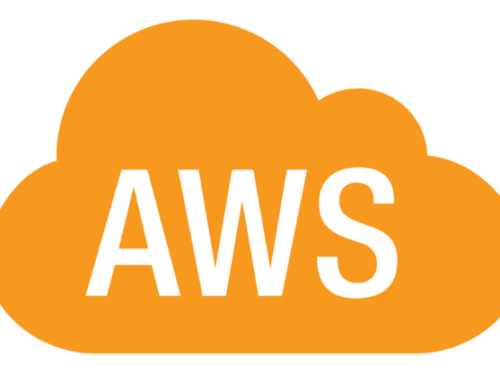As cloud becomes a more crucial part of any company’s IT ecosystem, the hunt for cloud professionals with cloud certifications continues to heat up. As a job seeker, having the right cloud certification can make you stand out among other applicants and help you get your next big gig. But it can be hard to decide which certification is the best for your career. Even if you know which cloud service a company uses, would a different vendor’s cert be more beneficial for your future?
Because cloud computing is a new and rapidly growing field, many businesses look for certification on a platform to guarantee a level of knowledge that the organization might not yet have. While you might not be using this knowledge your first day on the job, the certification will help you stand out from the crowd.
Let’s look at the top certifications and why you might want to consider each as a resume booster in the future.
Amazon Web Services (AWS) Cloud Certifications
Global Knowledge reported that the AWS Certified Solutions Architect – Associate is in the top five top-paying IT certifications with an average salary of $125,091. A relatively low number of people have received this certification, driving up the salary
AWS offers two levels of certification in three different areas (Architect, Developer, and Operations), with additional certifications in Big Data or Advanced Networking specialties. The associate level of all categories requires one or more years of experience with AWS, and the professional level requires two years.
Because AWS certification requires hands-on experience instead of basic studying and memorization, and the Amazon platform is considered the “gold standard of cloud technologies”, this is considered by many to be the most valuable certification.
Microsoft Azure
While Azure is newer than AWS, Microsoft continues to add features to match the competition, potentially rendering the certification more valuable in the future.
Microsoft also offers two levels of certification: Microsoft Certified Solutions Associate or Expert (MCSA or MCSE). For the associate certification, you can choose from four options: Windows Server 2016, Cloud Platform, Linux on Azure, or Windows Server 2012.
Only one of these associate certifications is required to continue for the MCSE: Cloud Platform and Infrastructure. You can then choose to take one of 10 additional tests on topics such as Developing Azure Solutions or Private Cloud operations to be qualified as an expert.
Google Cloud Platform (GCP)
GCP began in 2011, making it the youngest of the top three cloud platforms. Originally developed to support its own services, YouTube and Google, it was expanded to allow businesses access to the speed and strength of Google’s increasingly robust servers.
Google provides resources and labs for its certification, but encourages test takers to “draw on their own experiences”.
Because Google and Azure have grown so quickly over the past few years, more jobs are focusing on training on these platforms, “a trend that will likely continue as enterprises use a mix of public cloud providers.”
Vendor-Neutral Cloud Certifications
If you still feel limited by these options, consider a vendor-neutral option, like CloudSchool.com. Cloud School says its certifications are applicable to any platform.
While this certification may not boost your salary as much as the AWS option, it will introduce you to the always-changing and expanding world of cloud computing. Remember, certifications only account for part of the job. TechTarget claims that “cloud computing is moving too fast for those programs to keep up. It’s up to you to do the extracurricular work to stay ahead of the game.” A vendor-neutral option like Cloud School may be just the ticket for gaining a more future-proof education.
Sources:
- https://www.globalknowledge.com/us-en/content/articles/top-paying-certifications/
- https://www.globalknowledge.com/us-en/content/articles/the-future-is-now-with-aws-certifications/
- https://stackify.com/azure-vs-aws-comparison/
- http://readwrite.com/2017/02/20/wins-three-way-cloud-battle-google-vs-azure-vs-aws-dl1/
- https://cloud.google.com/certification/cloud-architect
- http://searchcloudcomputing.techtarget.com/feature/Are-you-on-the-right-cloud-computing-career-path
- http://searchcloudcomputing.techtarget.com/feature/Are-you-on-the-right-cloud-computing-career-path












